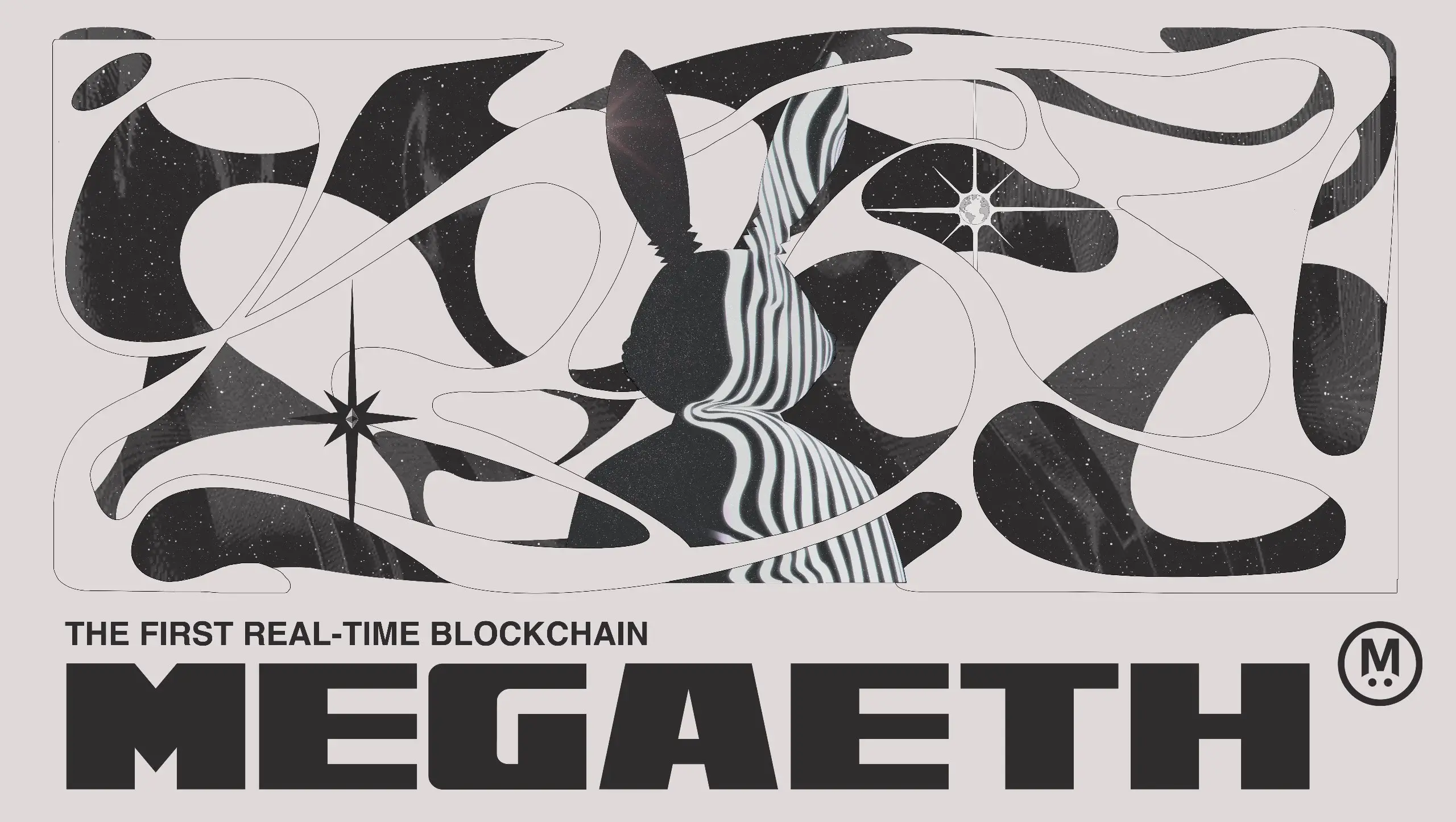Thinking about the formation of crypto capital: Why is the return of public offerings highly beneficial?
Original author: Regan Bozman, Co-founder of Lattice Capital
Original compilation: Felix, PANews
The strong return of ICOs (Initial Coin Offerings) is greatly beneficial for the crypto space and lays a stronger foundation for token holders in this cycle.
This story began in 2010 when prominent investor Naval saw the opportunity to bring retail investors into venture capital and democratize the asset class.
He launched AngelList, and by 2013, the platform had helped startups raise over $200 million.
AngelList's initial product was an email list (hence the name) used to connect startups with investors.
This may sound silly and basic, but Naval was already very influential in Silicon Valley, with many companies, including Uber, raising funds through this email list.
In 2014, AngelList launched Syndicates, which was a turning point.
Syndicates transformed AngelList from a platform-centric investor model to a lead investor-centric model.
Remember this distinction; it will be important later.
Due to adverse selection, equity crowdfunding never found PMF (Product-Market Fit) ------ why would a great startup that can raise funds from VCs want to raise funds from a random platform?
(Note: Adverse selection refers to a situation where one party has information advantages, leading the less informed party to make incorrect choices before a transaction occurs.)
Syndicates completely overturned this idea by concentrating investments on a primary investor rather than on AngelList itself.
Syndicates provided leverage for angel investors who had deal experience but not necessarily capital.
For example, John Smith is a very influential marketer that startup founders want to work with, but he lacks funds.
John Smith gets a $300,000 allocation in a hot deal. He invests $1,000, forms a syndicate, raises another $299,000, and then succeeds. Subsequently:
- The startup begins to work with him
- He evaluates his investment amount
- Retail investors get investment opportunities
Syndicates quickly grew, providing funding for hundreds of companies like Pillback and Brex.
It also helped many influential venture capitalists like Semil Shah and Ed Roman kickstart their careers.
Anyway… back to the crypto space.
In 2016, I moved to San Francisco to work on the venture capital team at AngelList and started trading cryptocurrencies everywhere, but that’s not the focus.
Besides startup equity, venture capital funds are also subject to regulatory restrictions, making public offerings challenging.
However, Naval became a true crypto believer earlier than most, spinning off CoinList from AngelList in 2017 to focus on cryptocurrencies.
CoinList's mission is to build a seamless, compliant way for companies to conduct their token offerings.
Interestingly, CoinList did not face the adverse selection issues that AngelList encountered, so it remained platform-centric.
While a rapidly growing seed-stage SaaS company has no interest in 1,000 retail supporters, every company in the crypto industry wants as many supporters as possible.
CoinList found true PMF from day one, with its first client being Filecoin, which raised $200 million, and that says it all.
In that cycle, there were some decent projects like Stacks selling, but by Q2 2018, the situation took a sharp turn.
CoinList went over a year without earning any revenue from token sales, and the situation was dire.
Regan Bozman (the author of this article), Mike Zajko (former CoinList sales director), and other CoinList members would head to the bar on Friday afternoons, downing six pints of Guinness and pondering what they were doing.
But the market recovered, and by the end of 2019, the team wanted to issue tokens again. They quickly helped launch ALGO, NEAR, SOL, and several other tokens.
The token sale product was largely the same ------ the team still wanted as many token holders as possible.
The biggest difference was that, so far, most lawyers told the team to completely avoid the U.S. Thus, these were all sales excluding Americans.
CoinList experienced ups and downs but launched a series of tokens that made users a lot of money.
Ultimately, if you’re in this industry, that’s the KPI.
Starting in 2022, the game shifted from token sales to airdrops.
Once OP and ARB abandoned public token sales, most blue-chip teams issuing tokens listened to their lawyers' advice and indeed did so.
Eigenlayer, ZKSync, Jito, Morpho, Magic Eden, none of them conducted ICOs.
This led to a challenging first nine months of this cycle.
The market structure shifted most of the returns from retail investors to venture capitalists.
Retail investors engage in this industry to make money, and the interruption of token sales was a huge setback.
Last year, I spoke with dozens of founders about token issuance. Almost everyone understood the benefits of public sales and wanted to do so, but it was hard to go against their lawyers' advice. Thus, the market remained stagnant.
All of this changed in Q4 of last year. Trump's election opened up design space for launching tokens.
- Cobie launched the public sale platform Echo
- Matty launched the public sale platform Legion
Public offerings made a strong comeback.
I have great respect for both teams, but the core products of these two sites are not new.
- Legion is an on-chain version of CoinList ------ platform-centric
- Echo is an on-chain version of AngelList ------ leader-centric
When CoinList launched in 2017, building that business on-chain was not feasible, but if it were to be rebuilt today, it would take that approach and not custody user assets.
One of the biggest challenges CoinList faces is that operating a centralized crypto company in the U.S. is very costly, and if recurring revenue (like transaction fees) is insufficient, it’s hard to remain profitable.
Legion may run due diligence faster and easier than CoinList because it is not based in the U.S.
This will obviously have negative implications for subsequent developments, but it also means it can scale faster.
The core product of Echo is the on-chain version of AngelList Syndicates.
Leaders like CMSHoldings bring their ongoing deals to Echo.
- They gain free leverage
- Projects expand their communities
- Retail investors get priority access
This is a fantastic model, and I wish I had thought of it.
AngelList's Syndicates always encounter bottlenecks in traditional venture capital because when anything goes public, adverse selection inevitably arises.
Their core business is now primarily driven by funds rather than Syndicates.
But this adverse selection (to a large extent) does not exist in cryptocurrency because teams are not worried about whether their metrics are public (they're all on-chain), and they actively want a large community.
Kudos to Cobie; he truly is the GOAT.
Additionally, AngelList had to spend years building financial infrastructure to manage its business.
The number and complexity of the software used to manage capital tables, allocations, bookkeeping, and ancillary rights for hundreds of funds and thousands of investors are vast and intricate.
Blockchain solves this problem. Echo can handle incoming funds, manage ledgers, and process on-chain allocations, increasing efficiency a hundredfold.
Now they still face the incentive issues that AngelList encountered, which is the free leverage on deal leads.
And there are some potential adverse selection issues because a large number of oversubscribed deals may not make it into Echo.
If you manage a fund but can only get the allocation for that fund in a deal and not your Echo Syndicate allocation, you have a fiduciary duty to your investors and must prioritize that fund.
So theoretically, any given best deal may not make it into Echo.
But this is a known risk, and a basket of early deals on this platform is likely to be profitable.
I remain very optimistic about Echo and expect that by the end of this year, over 50% of reliable crypto teams will raise some funds on Echo. This is fantastic for the space and returns to its founding intention.
PS: If Cobie stops being anonymous, Lattice Capital can invest.



























